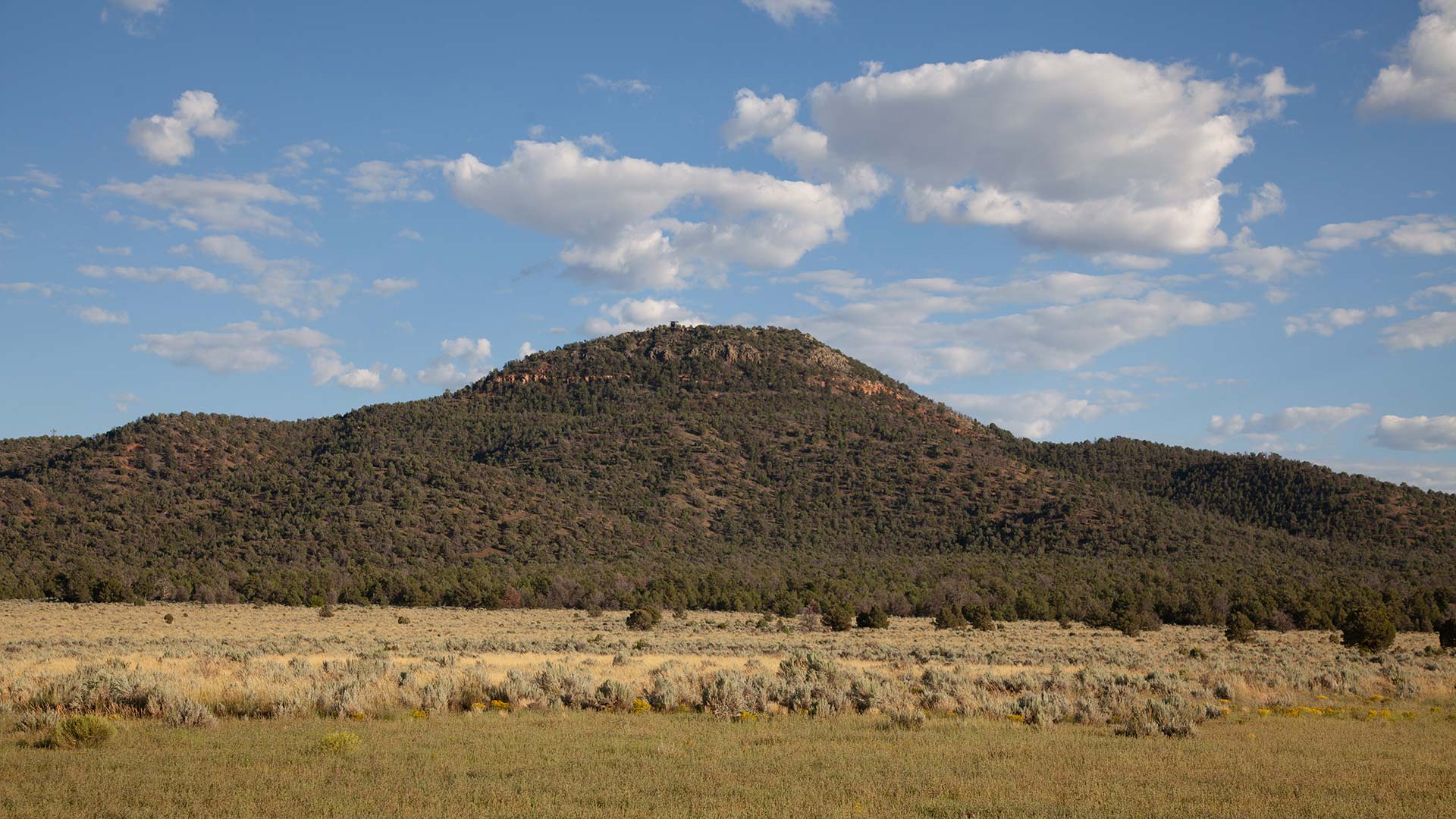 Red Butte in Coconino County, Wednesday, Aug. 30. Known as "Wii'i Gdwiisa," in Havasupai, the sacred grounds are protected under President Joe Biden's Baaj Nwaavjo I'tah Kukveni- Ancestral Footprints of the Grand Canyon National Monument.
Red Butte in Coconino County, Wednesday, Aug. 30. Known as "Wii'i Gdwiisa," in Havasupai, the sacred grounds are protected under President Joe Biden's Baaj Nwaavjo I'tah Kukveni- Ancestral Footprints of the Grand Canyon National Monument.
The Havasupai and Hopi Tribes along with the Navajo Nation want to dismiss a lawsuit that threatens the Baaj Nwaavjo I’tah Kukveni – Ancestral Footprints of the Grand Canyon National Monument.
Tribal nations argue designation details “the history of how Ancestral Footprints was taken from the Tribal Nations, and their efforts to maintain a relationship with these lands.”
“Because of their ties to these places, the Tribal Nations were extensively involved in advocating for the designation of Ancestral Footprints,” their motion reads. “As President Biden acknowledged in his remarks at the signing of the Monument Proclamation, the Tribal Nations ‘fought for decades to be able to return these lands, to protect these lands from mining and development, to clear them of contamination, [and] to preserve their shared legacy for future generations.’”
In August, President Joe Biden designated nearly one million acres of federal land around the Grand Canyon Region as a national monument to protect from new uranium mining claims.
However, in February, Arizona’s top Republican lawmakers brought forward a lawsuit saying the monument does not meet the Antiquities Act of 1906 requirements–the federal law that allowed Biden to create the proclamation.
“Biden’s maneuver is incredibly disingenuous, as it has nothing to do with protecting actual artifacts,” Petersen said in February. “Instead, it aims to halt all mining, ranching, and other local uses of federal lands that are critical to our energy independence from adversary foreign nations, our food supply, and the strength of our economy.”
Conservation groups like the Grand Canyon Trust, Sierra Club and the Center for Biological Diversity have also filed to intervene in defense of the designation.
“This monument is a testament to the decades of tireless advocacy by numerous Tribes to secure federal protections for their ancestral lands and waters around the Grand Canyon,” Michael Toll, staff attorney for the Grand Canyon Trust, said. “Unfortunately, the Arizona legislature and other parties have sued to eviscerate the monument and to gut the Antiquities Act.”
They argue that “uranium mining around the Grand Canyon threatens to further deplete and permanently pollute the aquifers that feed the Grand Canyon’s springs, which provide water for both the Havasupai Tribe and a rich diversity of plants and animals.”
“Like the Grand Canyon itself, this breathtaking monument safeguards globally significant cultural values and biodiversity, and we’re determined to defend it,” Taylor McKinnon, Southwest director at the Center for Biological Diversity, said. “It enshrines decades of Tribal and community advocacy, and we’re confident that these lawsuits will be shown to be on the wrong side of both the law and history.”

By submitting your comments, you hereby give AZPM the right to post your comments and potentially use them in any other form of media operated by this institution.